Academician Zhao Qinping Guests CUEB
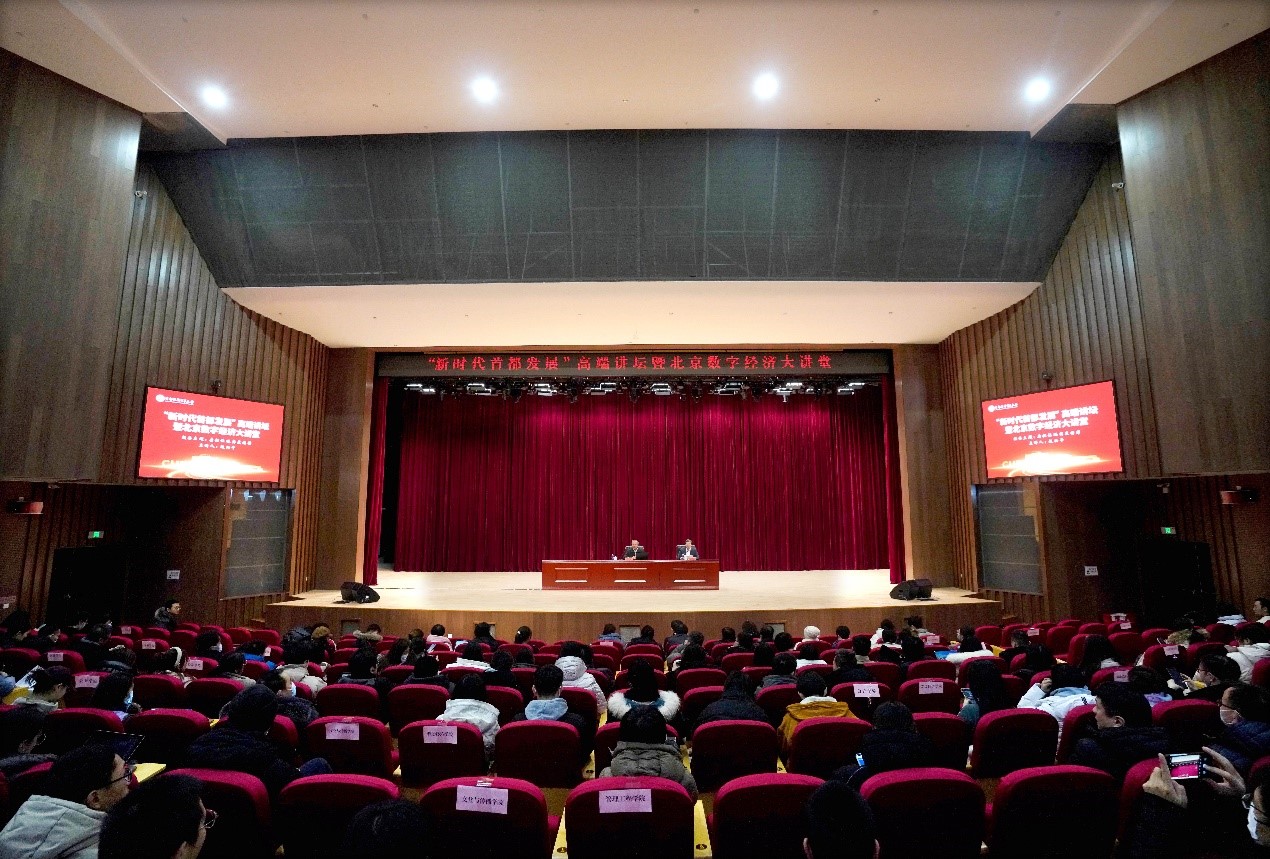
On December 19, CUEB hosted the “High-end Forum on Capital Development in the New Era and Seminar on Beijing Digital Economy” at Zhuoyu Auditorium. Professor Zhao Qinping, Doctoral Supervisor of the School of Computer Science and Engineering at Beijing University of Aeronautics and Astronautics and academician of the Chinese Academy of Engineering, served as the keynote speaker for the first session. President Wu Weixing, the Deputy Party Secretary of CUEB presided over the event.
“High-end Forum on Capital Development in the New Era” is an important platform created by the CUEB Party Committee to better serve the national strategic needs and capital development in the new era. Led by the major deployment of the 20th CPC National Congress to build Digital China, the “Beijing Digital Economy Seminar” is a new method to promote educational digitalization, and facilitate the construction of the CUEB’s digital economy interdisciplinary platform.
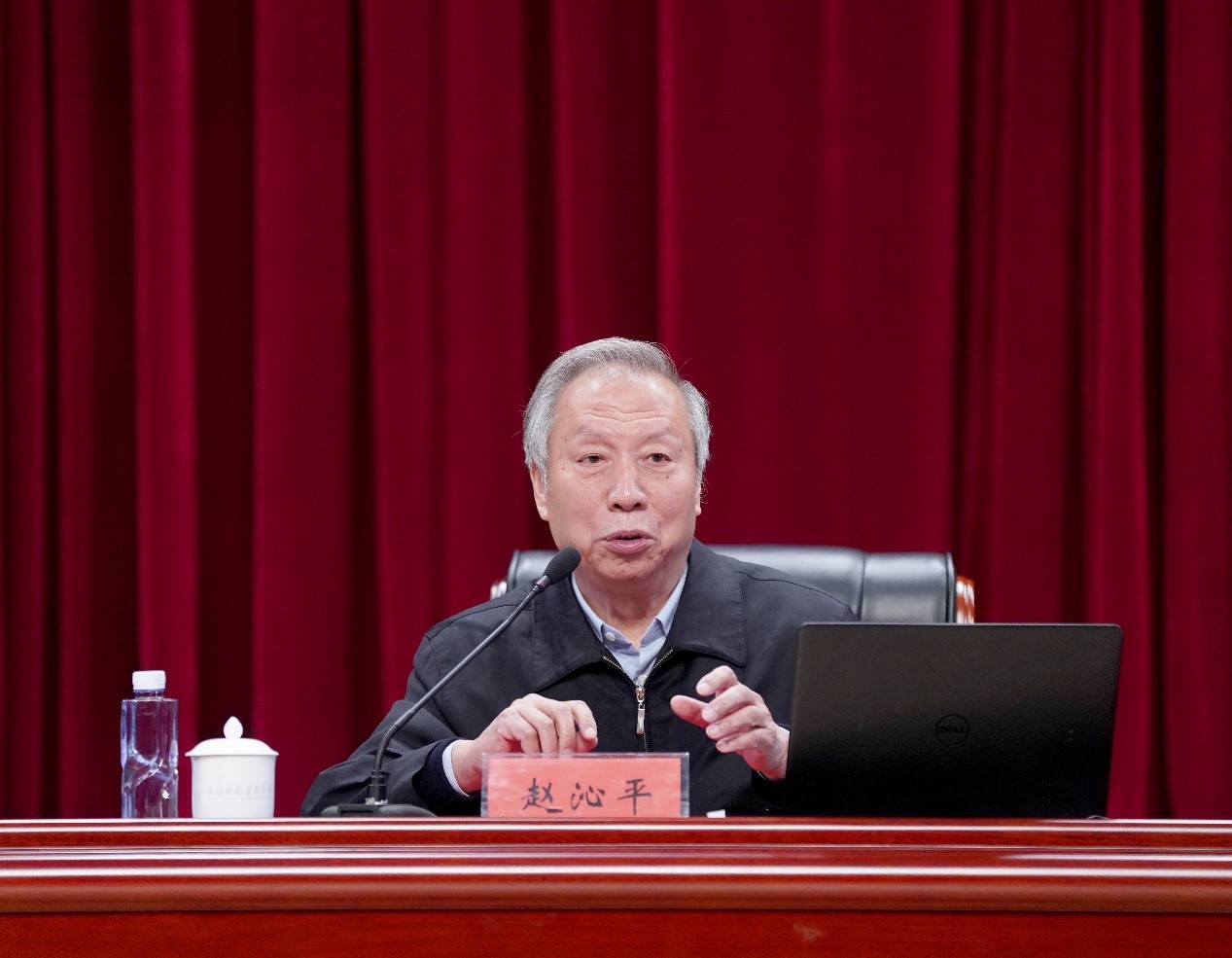
With the theme of “Better Virtual, Better Reality”, Zhao demonstrated the intuitive impression, conceptual function, widespread application, and development trend of virtual reality. He mentioned that during the process of integration between the virtual and real worlds, an increasing number of human activities are migrating to the digital universe. Virtual reality is becoming indispensable for the future digital world: it breaks the constraints of time and space, expands perceptual abilities, and brings disruptive impacts to the development of various industries and the daily lives of the public, offering a digital world featuring immersion, interaction, and intelligence. Now this technology is widely applied in various industries, including aerospace, industrial manufacturing, national defense, public security, healthcare, education, smart cities, and the daily lives of the public, driving the upgrade and transformation of related industries, thereby bringing new lifestyles to the public and forming new consumption fields. However, as a new interdisciplinary subject, virtual reality is still in the face of many scientific and technical issues to be addressed. It has infinite space for iterative development, calling for the young generation in the new era to research, explore, and innovate. Academician Zhao Qinping expressed high expectations for CUEB students and faculty, hoping that everyone would study hard, foster the spirit, and master skills of serving the country through economics and trade, and continuously transform new technologies into the national economic and trade strength, contributing to the great rejuvenation of the Chinese nation.
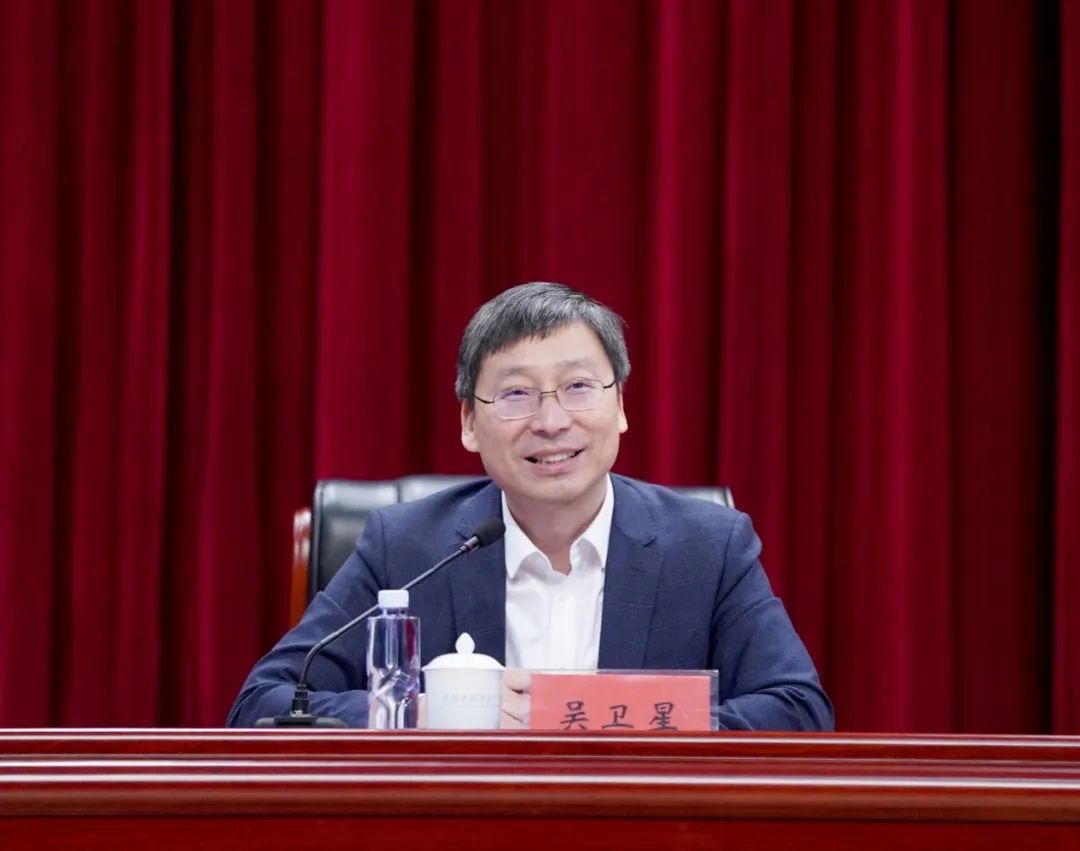
Wu Weixing mentioned that the rapid development of the digital economy has brought both new opportunities and challenges. Currently, the world’s economic development model and structure are undergoing profound changes. The 20th CPC National Congress emphasized the need to accelerate the development of the digital economy, promote the deep integration of the digital economy and the real economy, and build digital industry clusters with international competitiveness. In this context, to implement the deployment requirements of the Fifth Party Congress of CUEB, this seminar was organized to bring cutting-edge information on the construction of the digital economy and provide a new perspective forpersonnel cultivation and discipline construction through digital intelligent transformation.
In his summary, Wu expressed sincere thanks to Academician Zhao Qinping for delivering an enriching and insightful presentation, providing a clear and in-depth explanation of the development of virtual reality technology. He emphasized that Academician Zhao Qinping, a top Chinese scientist, has conducted extensive research at the forefront of virtual reality and leads influential research teams making great achievements in China. This presentation allowed us to understand what natural scientists are doing, and where the forefront of technology lies, helping us comprehend the progress of modern scientific and technological advancements, especially in modern information technology. It greatly contributes to promoting CUEB’s high-quality development and guiding the students and faculty to contribute to the country, the people, and the society. In the future, CUEB will continue to encourage the construction of interdisciplinary platforms for the digital economy, while focusing on the current strategic needs of the country and the capital development in the new era. CUEB will work to help Beijing become a global benchmark city for the digital economy, and strive to become a contributor to the Beijing digital economy plan, a leader in the construction of digital economy disciplines, a developer of high-end talent in the digital economy, and a builder of the capital’s digital economy think tank.
During the Q&A session, Zhao patiently answered questions from the students and faculty on topics, such as the differences between artificial intelligence and virtual reality, application cases of virtual reality, and the impact of virtual reality on education.
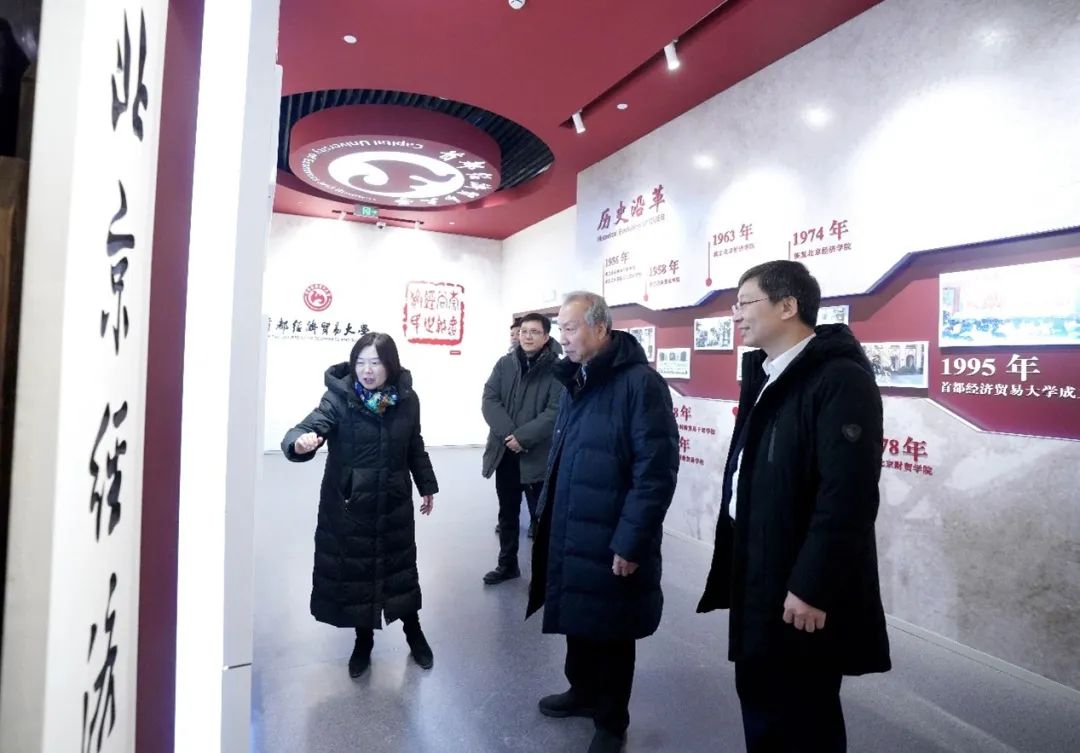
Before the forum, Zhao Qinping paid a visit to the School History Museum with President Wu Weixing, Vice Secretary of the Party Committee, and others.
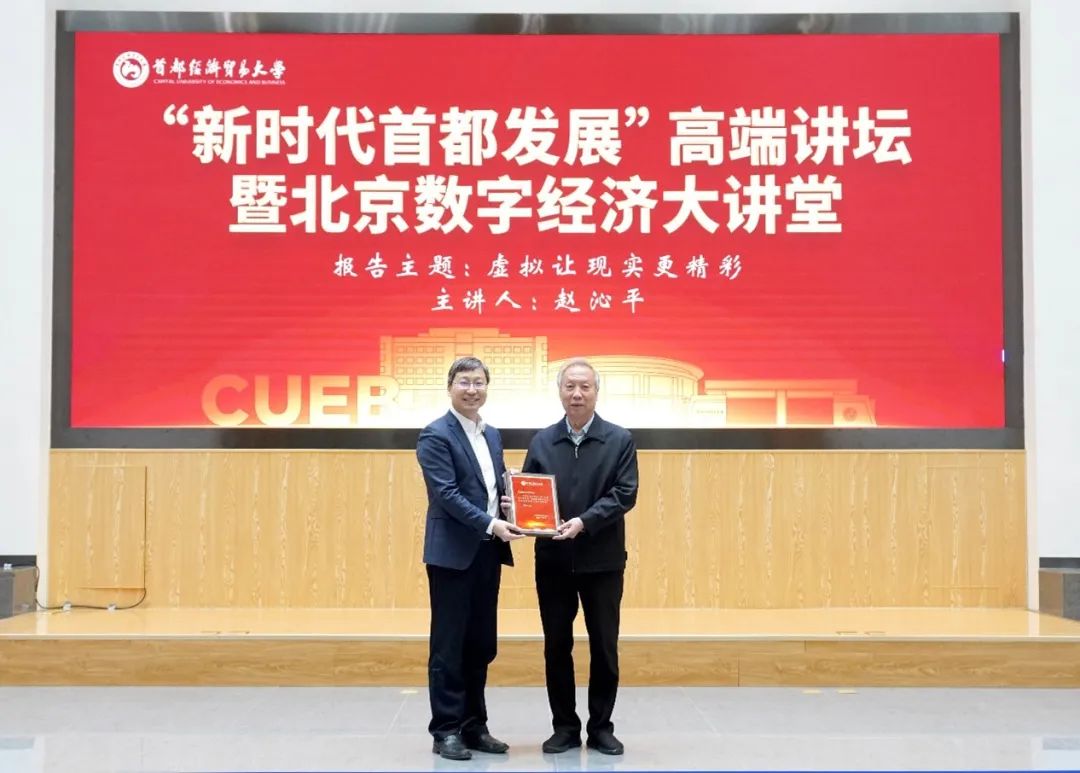
Over 300 people attended this forum, including President Wu Weixing, Vice Secretary of the Party Committee, Deputy Party Secretary Xu Fang, and Vice President of CUEB Li Xiaomu.
